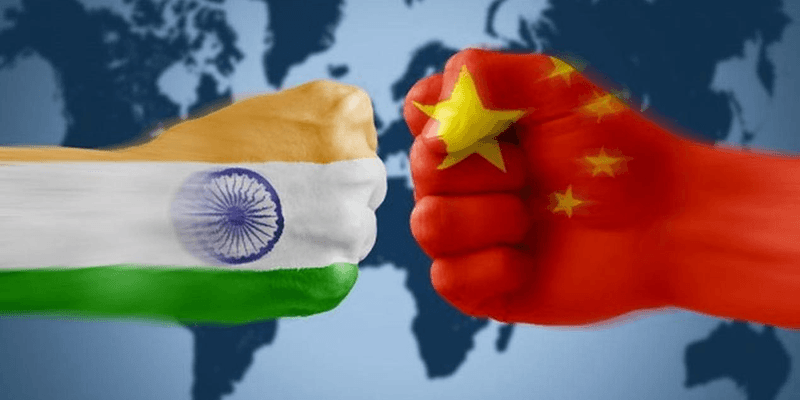Andrew Korybko |
The escalating situation in the majority-Muslim archipelago country of the Maldives is detail-heavy and has been steadily unfolding in one way or another over the past few years, but to be overly brief about it, President Abdulla Yameen ordered the military to bar opposition politicians from entering parliament in order to offset a planned vote against the parliamentary speaker, which could serve as a pretext for eventually seeking the Maldivian leader’s ouster soon thereafter. The opposition is led by former president Mohammed Nasheed, who was previously jailed on terrorism charges because of ordering the brief arrest of the previous chief justice in 2012. Nasheed was released from prison in order to ostensibly undergo medical treatment in the UK, but he’s since miraculously recovered and is now the premier force organizing the opposition from abroad.
The Maldives underwent a tumultuous bout of political unrest in late 2015 when President Yameen was almost assassinated by a bomb that exploded on his speedboat, which he blamed on the vice-president. There was also the mysterious case of sniper rifles and weapons caches being found across the archipelago as well. At the time, the incipient Color Revolution didn’t evolve into an actual Hybrid War, but now it once more looks like the same regime change plan has been sprung back into action. The plot to remove President Yameen is understandably a very contentious one dealing with a multitude of domestic political factors unique to the situation in the Maldives, but it also has far-reaching international implications which suggest that it’s the latest front in the wider New Cold War between China and India.
This, in turn, explains why India is encouraging its political proxies to overthrow the government, as it corresponds to the global trend of utilizing Color Revolutions and Hybrid Wars to advance a given side’s competitive connectivity projects.
Opposition leader Nasheen told the Indian Express media outlet late last month that he – quote – ““will terminate all the Chinese projects” – end quote – if he succeeds in usurping the president. This is because, as he described it – quote – “What is in Maldives’ interest very much depends on what is in India’s interest…If India feels that its security and safety is compromised in the Indian Ocean, then we must be mindful of that” – end quote. The Maldives was one of the first countries to agree to participate in China’s One Belt One Road global vision of New Silk Road connectivity, and the People’s Republic has since built and expanded roads, bridges, airports, and maritime ports all across the island nation due to its irreplaceable position along the shipping lanes connecting the Suez Canal with the Strait of Malacca.
Read more: Military bases in Maldives for Saudi Arabia & China?
India, due to the “zero-sum” mentality of its jingoist leadership, sees this as a threat, hence its dedicated interest in replacing President Yameen with Nasheen in order to scuttle China’s projects, no matter its public claims to the contrary. India is joining forces with Japan to construct the so-called “Asia-Africa Growth Corridor”, also known as the “Freedom Corridor”, in order to compete with China’s New Silk Roads, and it follows that New Delhi has rightly identified the Maldives as an indispensable component of any maritime connectivity project, whether its own or China’s. This, in turn, explains why India is encouraging its political proxies to overthrow the government, as it corresponds to the global trend of utilizing Color Revolutions and Hybrid Wars to advance a given side’s competitive connectivity projects.
DISCLAIMER: The author writes for this publication in a private capacity which is unrepresentative of anyone or any organization except for his own personal views. Nothing written by the author should ever be conflated with the editorial views or official positions of any other media outlet or institution.
Andrew Korybko is a political analyst, journalist and a regular contributor to several online journals, as well as a member of the expert council for the Institute of Strategic Studies and Predictions at the People’s Friendship University of Russia. He specializes in Russian affairs and geopolitics, specifically the US strategy in Eurasia.The views expressed in this article are author’s own. It does not reflect Global Village Space Editorial policy.














